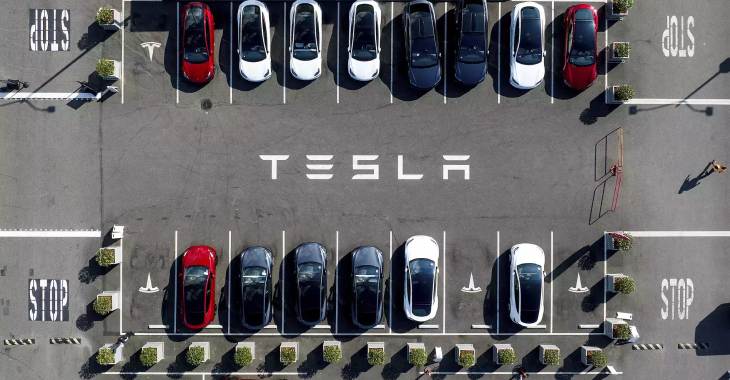In response to Tesla’s push for special incentives in India’s electric vehicle (EV) sector, a senior government official emphasized on Friday that the country will not provide company-specific benefits. The official stated that if incentives were to be considered, they would apply to all EV manufacturers and entrants looking to establish a presence in India.
While acknowledging inter-ministerial discussions regarding Tesla’s demand for customs duty concessions, the official clarified that no conclusive decisions had been reached. Tesla had sought a reduction in import duties on EVs, proposing a standardized 40% tariff regardless of the customs value.
The official underscored the government’s commitment to a non-discriminatory approach, stating, “It will never be a company-specific. It will always be for all entities, companies. If any concessions are given, these will always be linked to fairly stringent performance criteria for everybody.”
Addressing reports on duty concessions, the official dismissed them as speculative, emphasizing that no definitive conclusions had been reached. Commerce and Industry Minister Piyush Goyal’s recent visit to Tesla’s facility in California saw an announcement that the company would double its auto components imports from India.
Elon Musk, Tesla’s CEO, had met with Prime Minister Narendra Modi in June, expressing plans to visit India in 2024. Reports suggesting India’s consideration of customs duty concessions for Tesla were neither confirmed nor denied by the official.
Despite growing demand for electric vehicles, the government remains steadfast in its stance, asserting that existing schemes such as the Production-Linked Incentives (PLI) for auto and advanced chemistry cells would be available to all, including Tesla. The PLI schemes for advanced chemistry cell (ACC) battery storage and the auto, auto-components, and drone industries have been rolled out with significant financial outlays.
In August 2021, Musk hinted at the possibility of a Tesla manufacturing unit in India, contingent on success with imported vehicles. The CEO cited India’s high import duties as a challenge but expressed interest in launching Tesla vehicles in the country.
As discussions continue, the Indian government maintains a uniform approach to incentivizing the EV sector, resisting company-specific concessions and emphasizing performance criteria for all players in the market.



![[CITYPNG.COM]White Google Play PlayStore Logo – 1500×1500](https://startupnews.fyi/wp-content/uploads/2025/08/CITYPNG.COMWhite-Google-Play-PlayStore-Logo-1500x1500-1-630x630.png)